
Share this:
Getting Unstuck
Online Panel Discussion
29/03/22 7pm
Free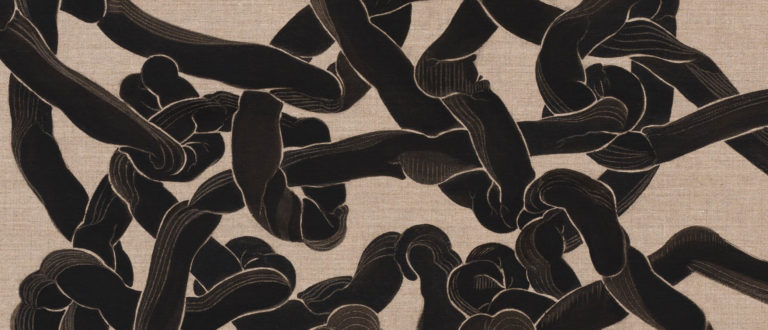
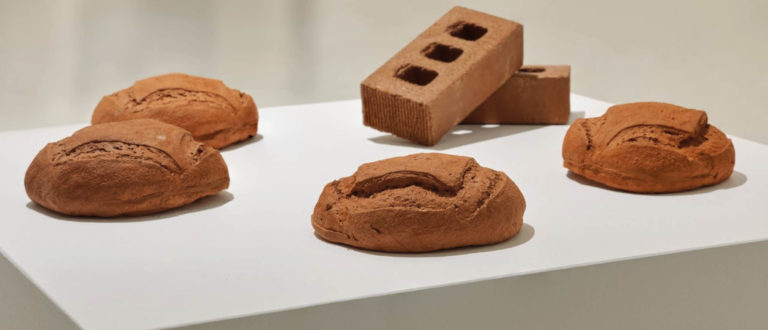
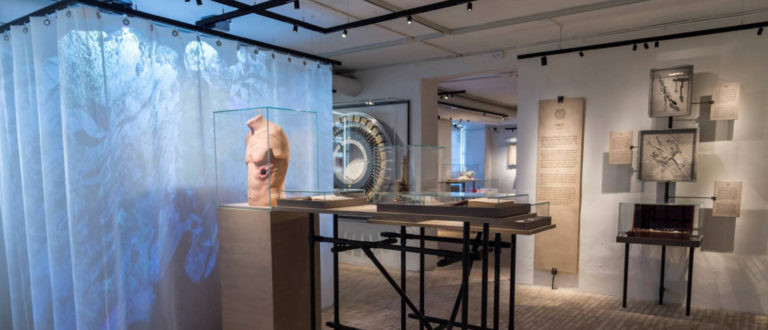
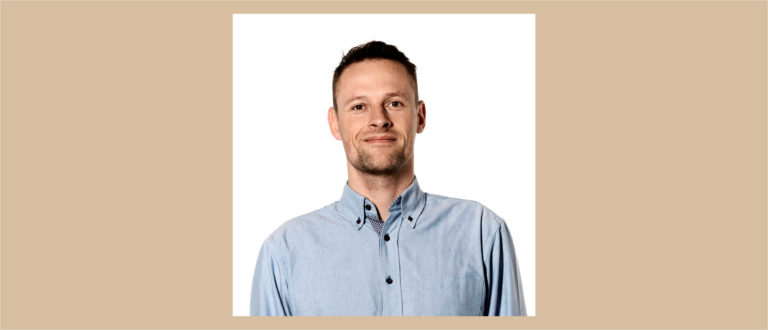
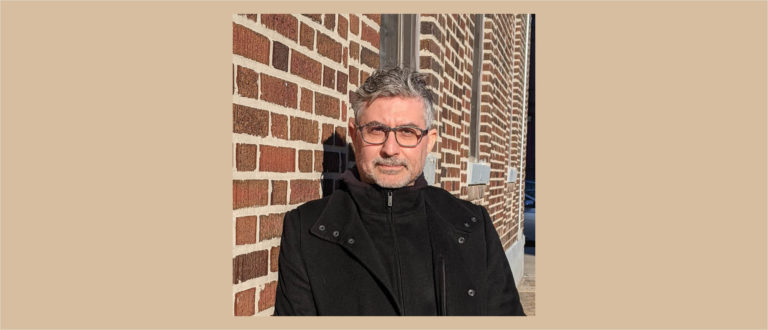
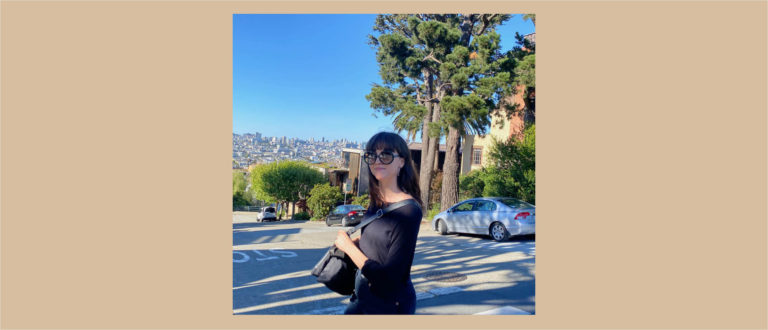
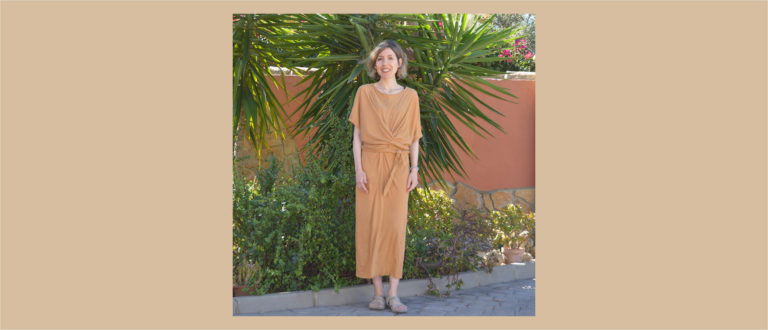
Please RSVP below for this online event taking place on 29 March, 7pm BST.
Learn about the connections between the microbial world, embodied trauma, fermentation and inequalities in this discussion inspired by the exhibition Gut Feelings and Hayv Kahraman’s question, (…) can we learn from bacteria and transform to get unstuck?
Researchers and experts from the fields of political anthropology, medicine and microbiology will discuss these connections in this panel discussion moderated by Adam Bencard which will include presentations by Andrea Núñez Casal, Omar Dewachi, and Lauren Fournier.
About the speakers
Adam Bencard is Associate Professor at the Novo Nordisk Foundation Center for Basic Metabolic Research and at the Medical Museion in Copenhagen. His work is split evenly between practical science communication (mainly curating exhibitions, including the award-winning exhibition experiment Mind the Gut and the recent exhibition The World is in You) and theoretical research. His research interests are focused on issues concerning presence, embodiment, aesthetics, and what it means to be human in a postgenomic world.
Omar Dewachi was trained in medicine and anthropology and works at the intersections of global health, history of medicine and political anthropology. His scholarship focuses on the human and environmental manifestations of decades of conflict and military interventions in Iraq and the broader Middle East. His first book, Ungovernable Life chronicles the rise and fall of state medicine in Iraq and the role of medical doctors in infrastructure making (and unmaking) in the country, dating back from the British Mandate (1920-1932). More about Omar Dewachi
Lauren Gabrielle Fournier is a writer, curator, and interdisciplinary researcher working at the intersection of art, science, and the humanities. Her debut, scholarly monograph is titled Autotheory as Feminist Practice in Art, Writing, and Criticism (The MIT Press, 2021). Her research engages with comparative race and ethnicity studies, the economic humanities, the medical humanities, and artificial intelligence. She is the founder and director of Fermenting Feminism, an ongoing, site-responsive curatorial project that engages fermentation or microbial transformation as a metaphor and material practice through which to approach present-day social and political issues. More about Lauren Gabrielle Fournier
Andrea Núñez Casal was trained in biology and cultural studies and her work examines the entanglements between microbes, embodiment, and inequalities. She focuses on (1) the cultural studies of microbiota and immunity in relation to race, gender, and class and (2) advancing feminist decolonial approaches and embodied methods to rethink health inequalities and devise plural origins and actual shapes of Buen Vivir (good living). She is a Margarita Salas Researcher at the Dept. of Science, Technology and Society at the Spanish National Research Council (IFS-CSIC) and at the Dept. of Philosophy and Anthropology at the University of Santiago de Compostela (USC). Recent publications include Feminist para-ethnographies (2021) and It begins with us (2021). More about Andrea Núñez Casal
Images:
1.Detail of Hayv Kahraman, Play dead (2021) Oil on linen. 80 x 60 inches. Courtesy of the artist and Pilar Corrias, London. Photography: Fredrik Nilsen.
2.Fermenting Feminism, Access Gallery, Vancouver, BC, curated by Lauren Gabrielle Fournier. Featuring works by Walter Scott, Alanna Lynch, Christine Tien Wang, Andrea Creamer, Sarah Nasby, and Ele Edreva & Leo Williams. Fall 2019. Courtesy of Lauren Fournier.
3.Courtesy of Adam Bencard.
4.Portrait Adam Bencard. Courtesy of the portrayed.
5.Portrait Omar Dewachi. Courtesy of the portrayed.
6.Portrait Lauren Gabrielle Fournier. Courtesy of the portrayed.
7.Portrait Andrea Núñez Casal. Courtesy of the portrayed.